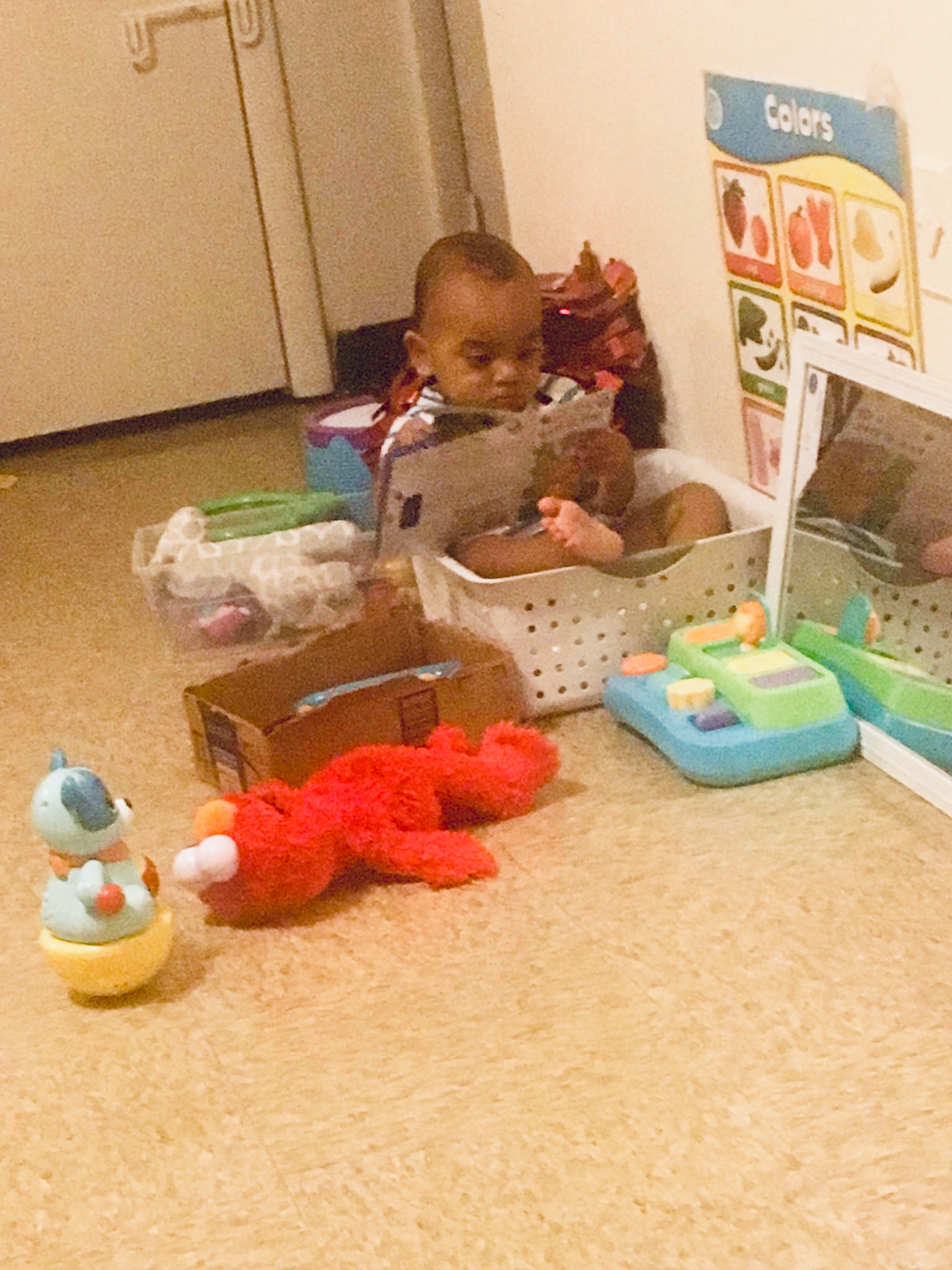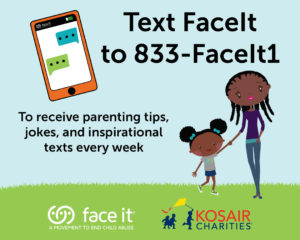
14 Sep National Literacy Month
Blog by: Valerie Frost , Kentucky Youth Advocates
September is National Literacy Month, a time to highlight the importance and benefits of reading on the development of children.
A child or youth’s ability to interact positively with others, self-regulate their behavior, and effectively communicate their feelings has a positive impact on their relationships with their family, other adults, and peers. One way to help foster positive, strong social and emotional health in kids is by reading and discussing children’s books. This is a great way to encourage kids to identify the characters’ emotions and then relate those emotions and experiences to their own emotions, feelings, and experiences.
 Unfortunately, the pandemic years have taken a toll on everyone — from our health professionals and educators to our families. This also includes the impact virtual learning had on our kids. According to McKinsey & Company, “children have lost at least one and a half months of reading. Other data show low-income, Black and Latinx students are falling further behind than their white peers, leading to worsening achievement gaps.”
Unfortunately, the pandemic years have taken a toll on everyone — from our health professionals and educators to our families. This also includes the impact virtual learning had on our kids. According to McKinsey & Company, “children have lost at least one and a half months of reading. Other data show low-income, Black and Latinx students are falling further behind than their white peers, leading to worsening achievement gaps.”
The long-term effects of Family Literacy are multigenerational and multifaceted. They include increased school readiness in young children, employability skills and higher wages for adults, and healthy, positive parent-child relationships. Further, we see families form deeper connections and support networks through these programs—an important benefit, especially during the isolation caused by the Covid-19 pandemic.
Being a busy parent may make it seem like incorporating direct literacy instruction into your schedule is impossible. We all hear “read for 20 minutes a day with your child“— which is great and ideal if you can—but between school pick-up, extracurriculars, mealtimes, bedtime routine, homework, etc. some of us may not even have an extra 5 minutes. The good news is literacy learning doesn’t always have to be direct or added to the day as one more thing none of us have time for.
 Science reveals that having books in the home makes people smarter (if only laying some money around also made us richer…), so one thing I do is display books in as many places as I can! My kids have bookshelves at their height in their rooms as well as a reading corner and book bins in their play area. I also incorporate reading into daily routines we’re already going through like when they are getting dressed and put on a shirt with writing on it or if we’re driving in the car past a billboard with large print. Other times we talk about letters and practice reading by looking at the back of the cereal box during a mealtime or combing through an ad that came in with the junk mail—before it ends up in the recycling container.
Science reveals that having books in the home makes people smarter (if only laying some money around also made us richer…), so one thing I do is display books in as many places as I can! My kids have bookshelves at their height in their rooms as well as a reading corner and book bins in their play area. I also incorporate reading into daily routines we’re already going through like when they are getting dressed and put on a shirt with writing on it or if we’re driving in the car past a billboard with large print. Other times we talk about letters and practice reading by looking at the back of the cereal box during a mealtime or combing through an ad that came in with the junk mail—before it ends up in the recycling container.
When we do carve out that coveted 20 minutes to dive into actual books, I try to make it as fun as possible. My kids love when I use different voices for characters or when we re-read the same books enough times for them to start chiming in on familiar sections: “I’m a pout-pout fish with a pout-pout face, so I spread dreary-wearies all over the place.” And, while I usually don’t do an entire reading lesson with them, it just takes a couple extra minutes once you’ve already committed to sitting down anyway to point out concepts of print (title, author, front cover, spine), reading behaviors (reading left to right, page top to page bottom) and story features (characters, setting, conflict).
Thankfully, there are also community events and statewide initiatives happening to partner with families to make reading efforts at home more accessible and inclusive. Here are examples of a few:
- SB 9: Read to Succeed Act
- SOKY Book Fest: Teen & Children’s Day
- Pikeville Story Trail, Eastern, KY: Pikeville opens Story Trail for families | News | williamsondailynews.com
- Early intervention for visual impairments, Lexington and Louisville, KY: Home – Visually Impaired Preschool Services (vips.org)
- The American Printing House, Louisville, KY: Free print/braille books for children who are blind or visually impaired
 Check out our Face It Partners who support literary efforts:
Check out our Face It Partners who support literary efforts:
As we celebrate and acknowledge the importance of literacy during National Literacy Month, remember, you’re doing the best you can, and while reading helps learning, it can also be a fun family activity!




